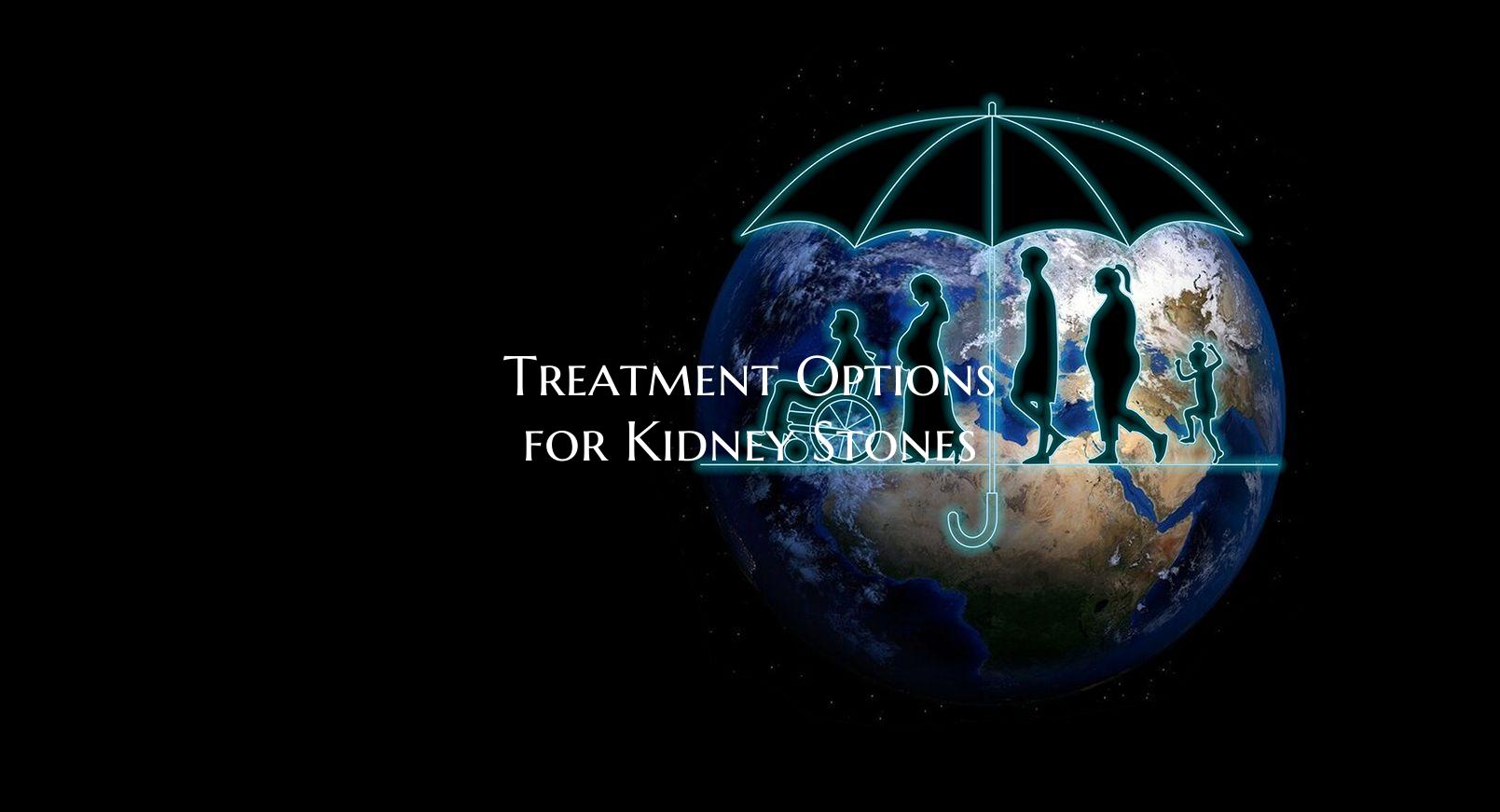
Treatment Options for Kidney Stones
Treatment Options for Kidney Stones: Finding Relief and Recovery
Kidney stones, also known as renal calculi, are hard mineral and salt deposits that form in the kidneys and can cause intense pain and discomfort when they pass through the urinary tract. Various treatment options are available to help patients with kidney stones find relief and facilitate the expulsion or breakdown of these troublesome formations. The choice of treatment depends on the size of the kidney stones, their location, and the individual's overall health condition.
1. Watchful Waiting: In some cases, small kidney stones may pass out of the body on their own with minimal intervention. Patients are typically advised to drink plenty of water to help flush out the stones and manage pain with over-the-counter medications.
2. Medication: Pain-relieving medications such as nonsteroidal anti-inflammatory drugs (NSAIDs) or opioids may be prescribed to alleviate the discomfort caused by kidney stones. Additionally, medications like alpha-blockers can help relax the muscles in the ureter, making it easier for the stones to pass.
3. Extracorporeal Shock Wave Lithotripsy (ESWL): This non-invasive procedure uses shock waves to break down kidney stones into smaller pieces that can be passed more easily. ESWL is often recommended for smaller stones located in the kidney or upper ureter.
4. Ureteroscopy: In ureteroscopy, a thin scope is passed through the urethra and bladder to locate and remove kidney stones in the lower urinary tract. This procedure is typically used for stones located in the lower ureter.
5. Percutaneous Nephrolithotomy (PCNL): For larger kidney stones or those that are not amenable to ESWL or ureteroscopy, PCNL may be recommended. This minimally invasive surgery involves making a small incision in the back to access and remove the stones from the kidney.
6. Laser Lithotripsy: During laser lithotripsy, a laser fiber is used to break up kidney stones into tiny fragments that can be easily passed out of the body. This procedure is often performed in conjunction with ureteroscopy.
7. Preventive Measures: To reduce the risk of recurrent kidney stones, patients are advised to stay hydrated, maintain a healthy diet low in salt and oxalate-rich foods, and follow any specific dietary recommendations provided by their healthcare provider.
Seeking medical attention at the earliest signs of kidney stone symptoms, such as severe pain in the back or side, blood in the urine, or difficulty urinating, is crucial for timely diagnosis and appropriate treatment. With the array of treatment options available, individuals suffering from kidney stones can find relief and support on their journey towards recovery.